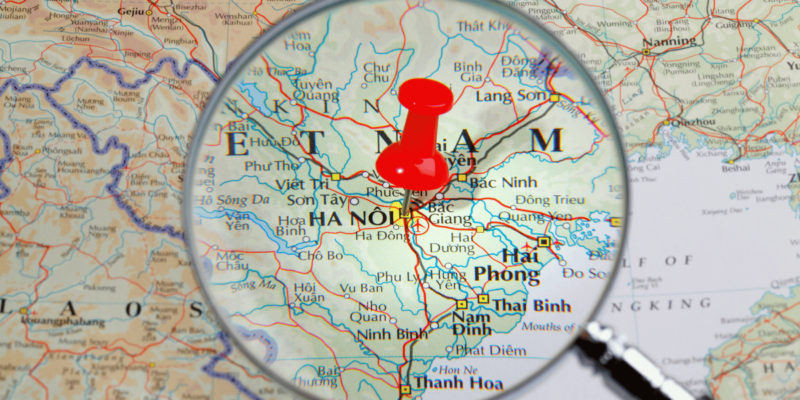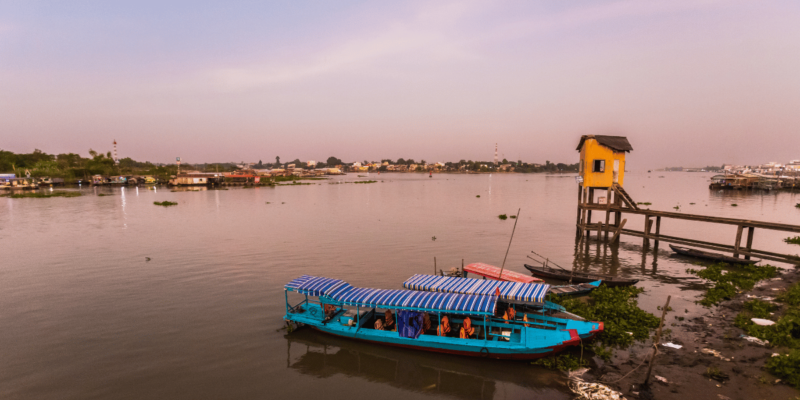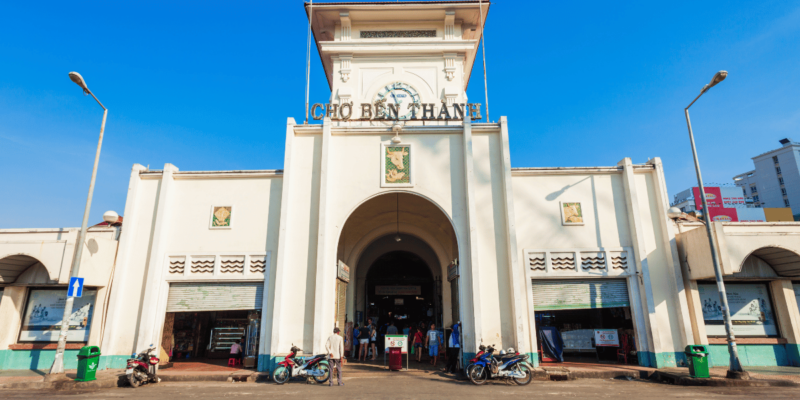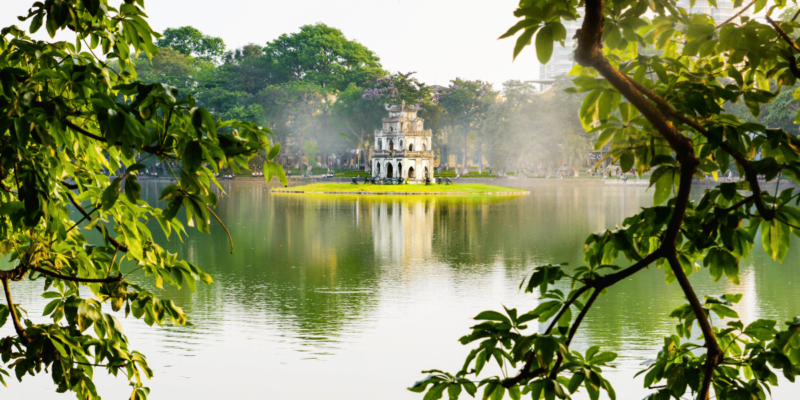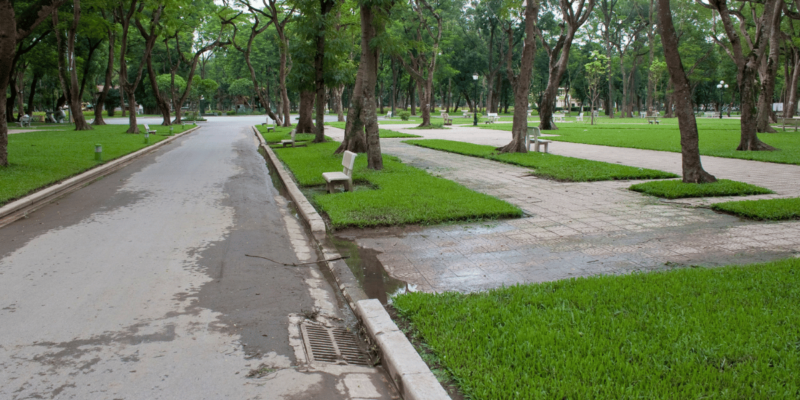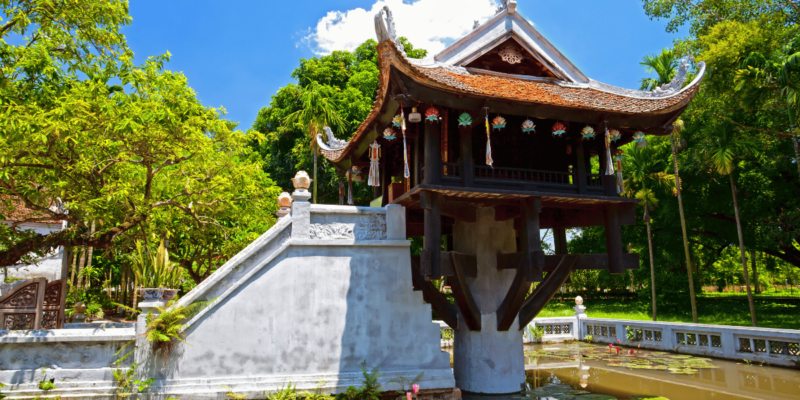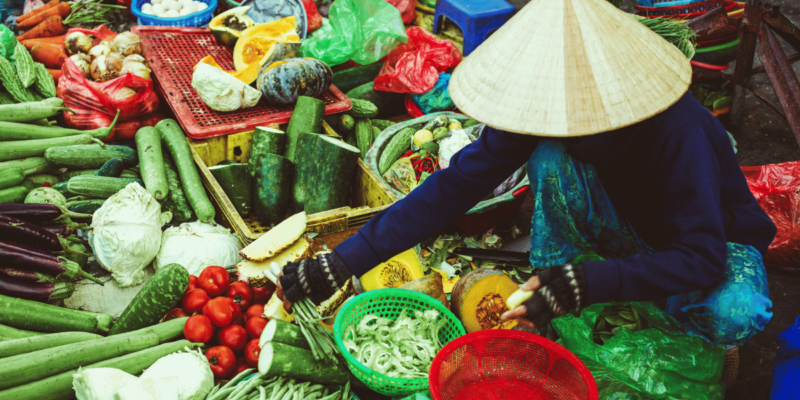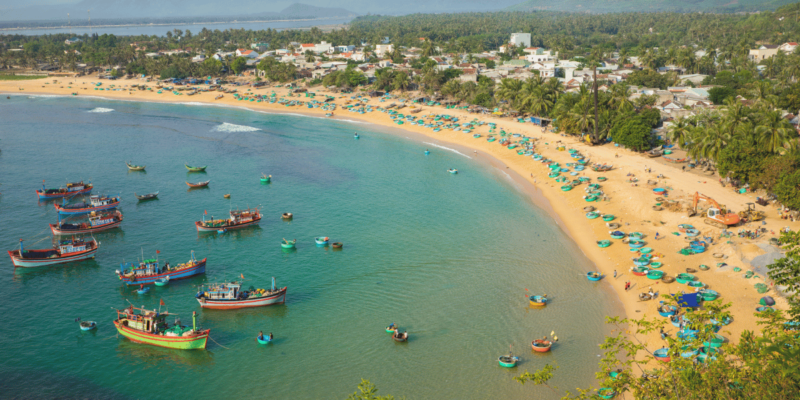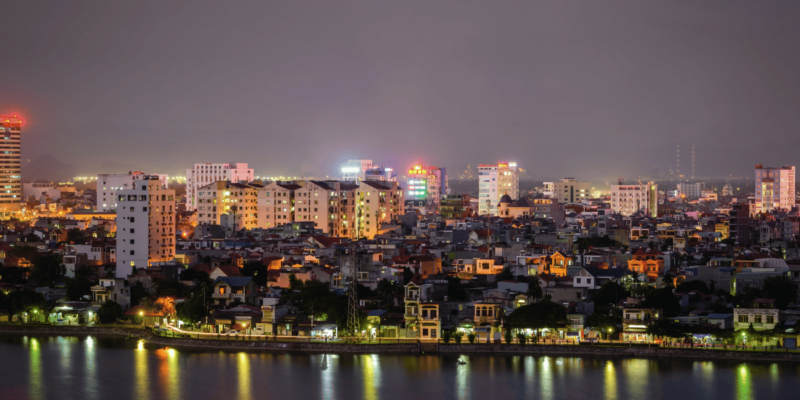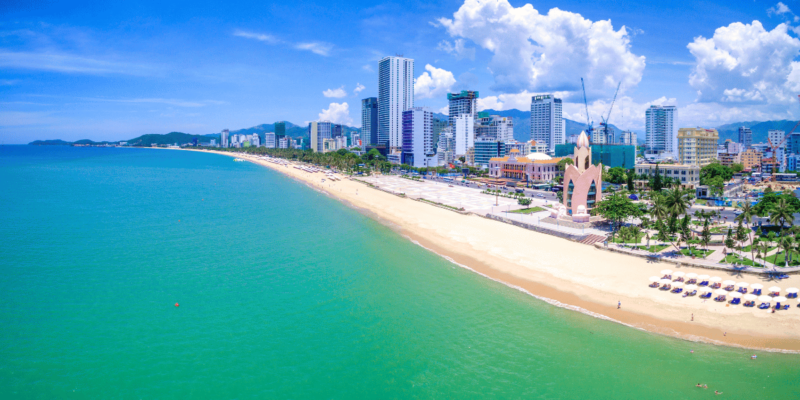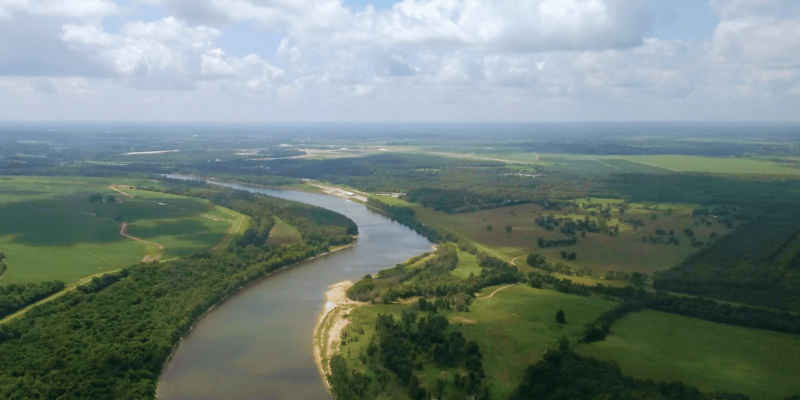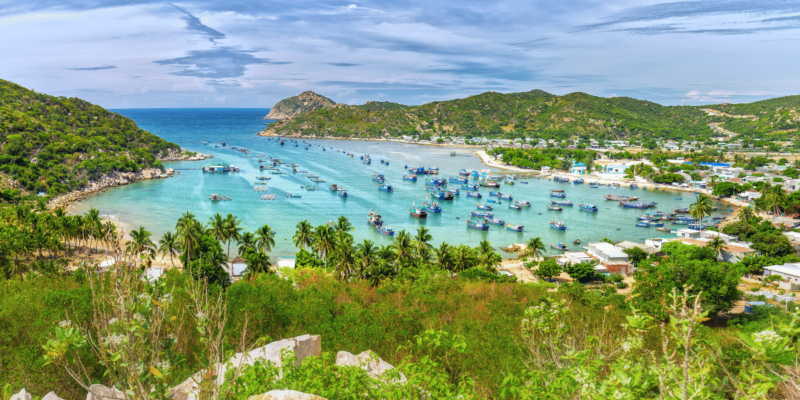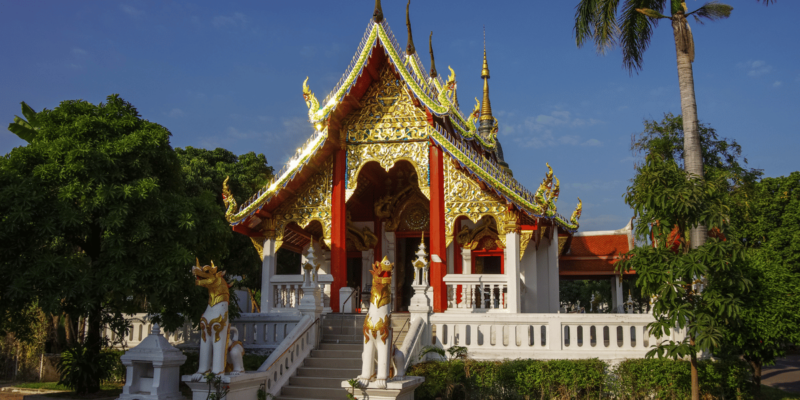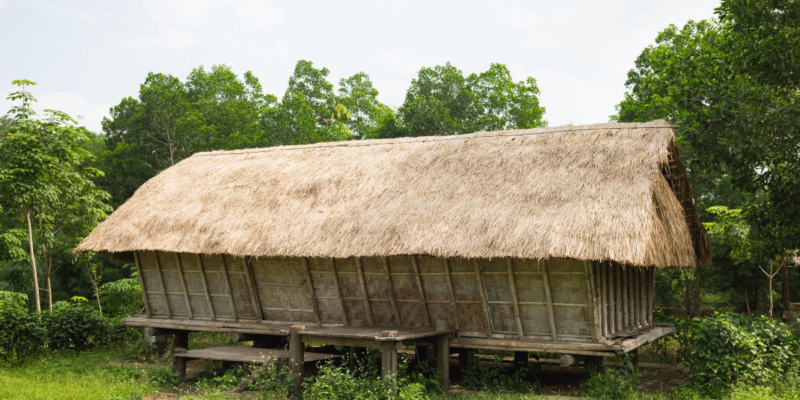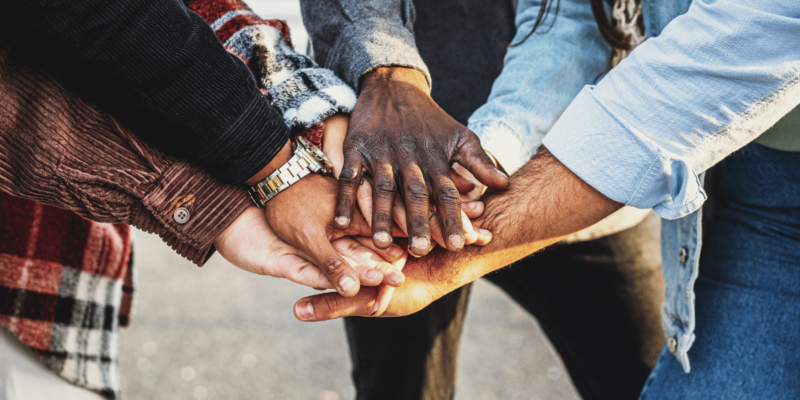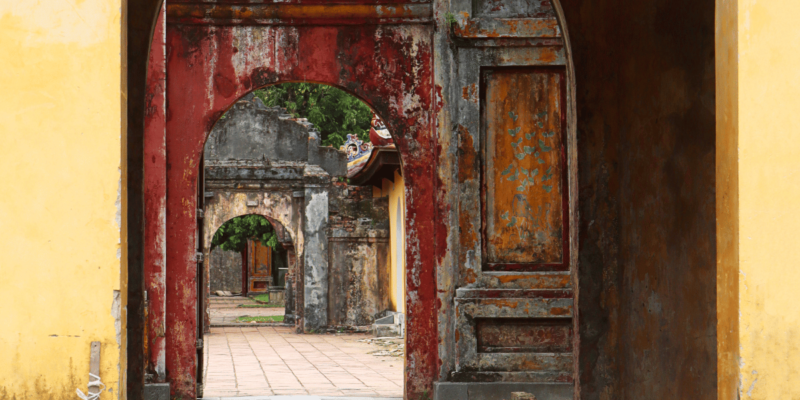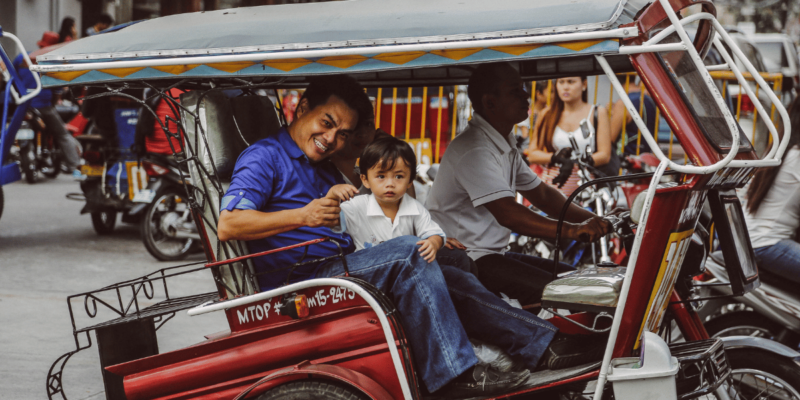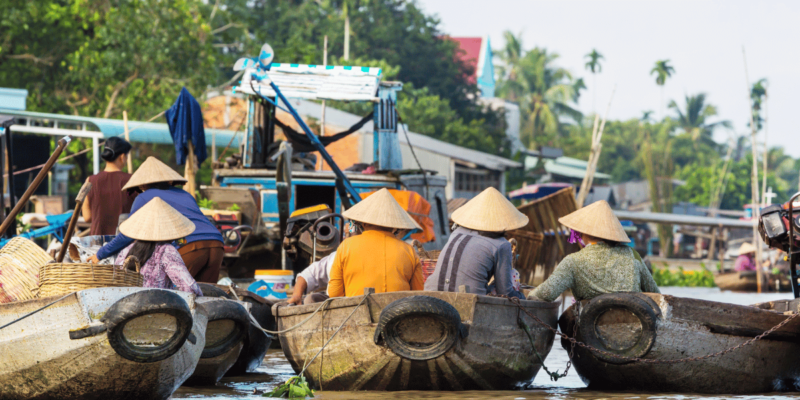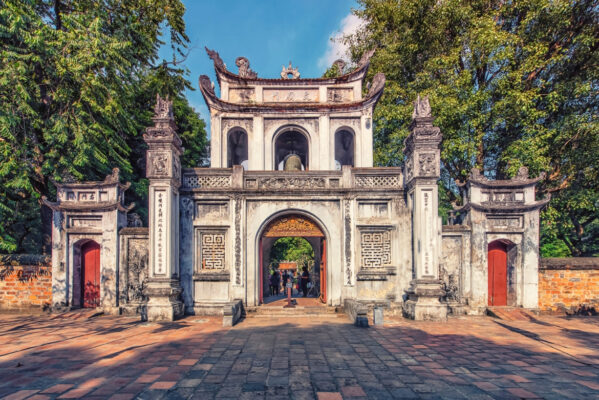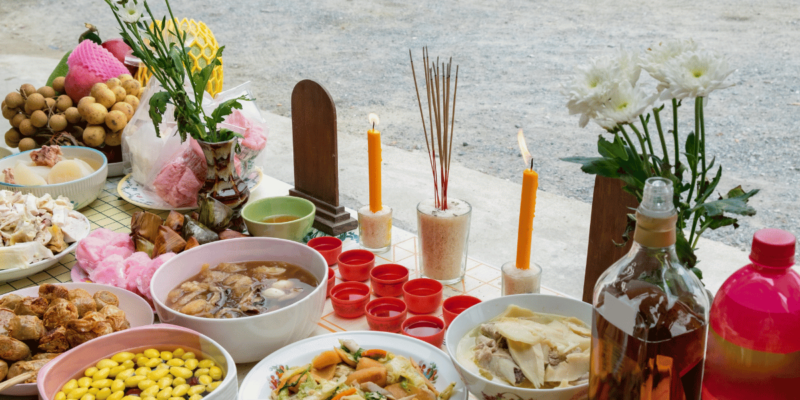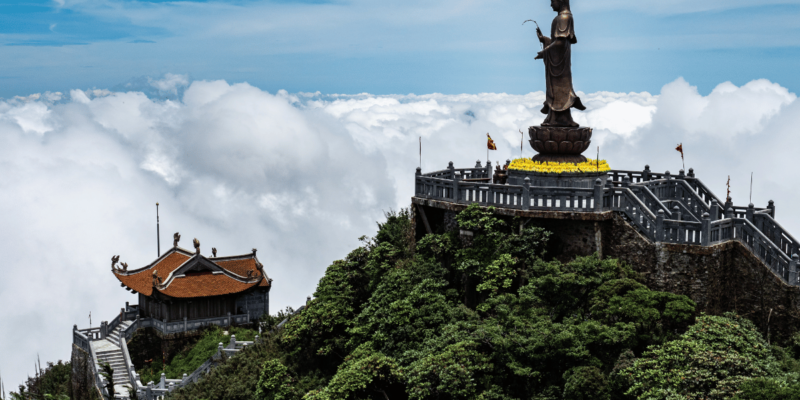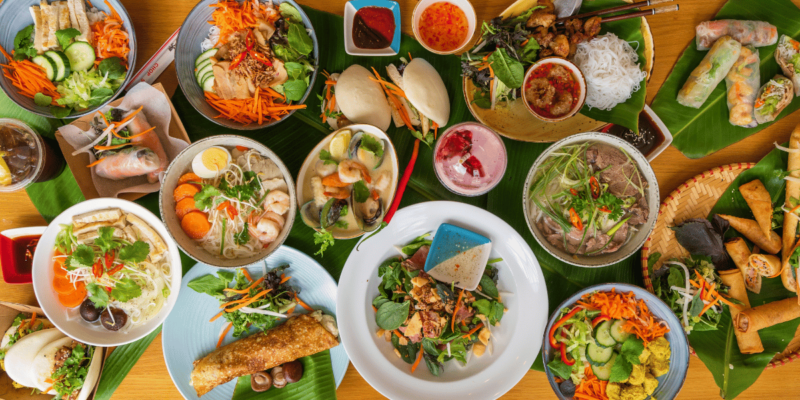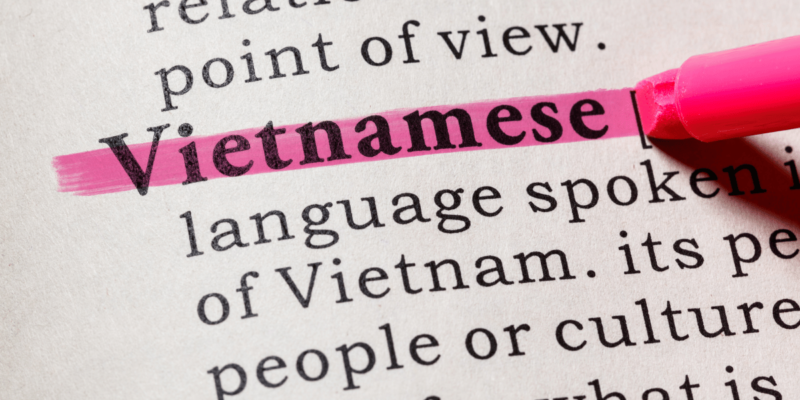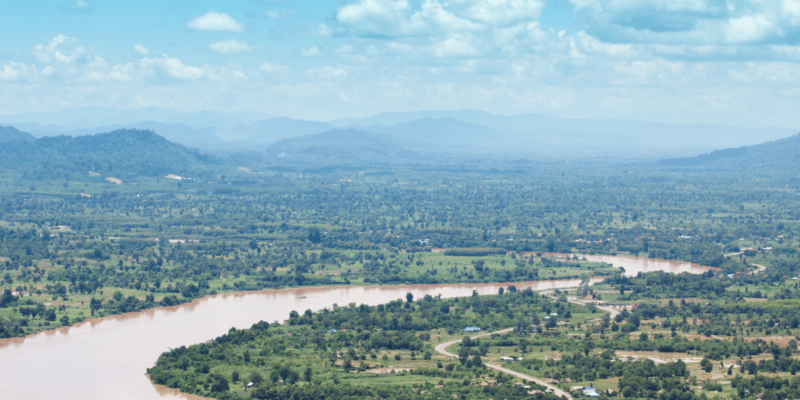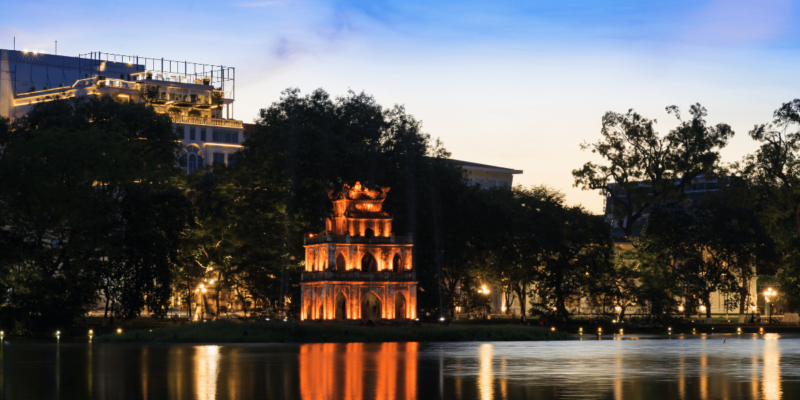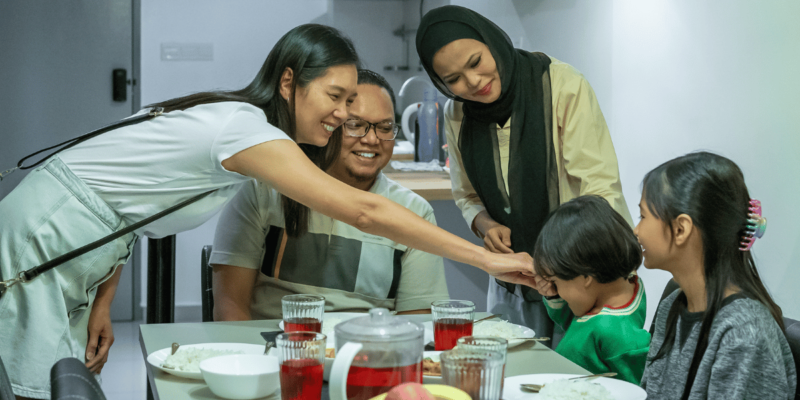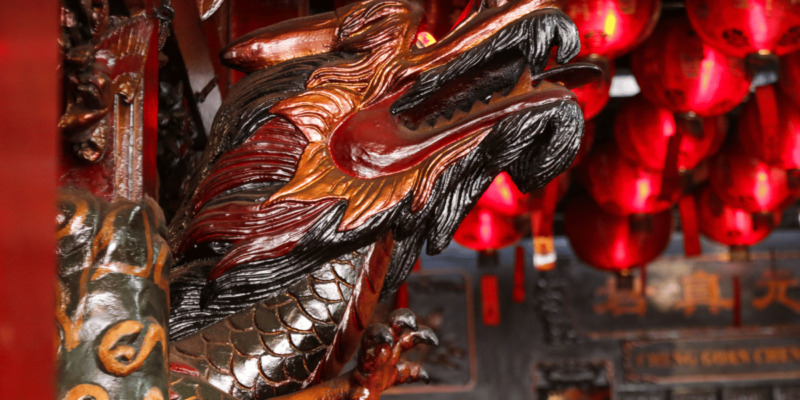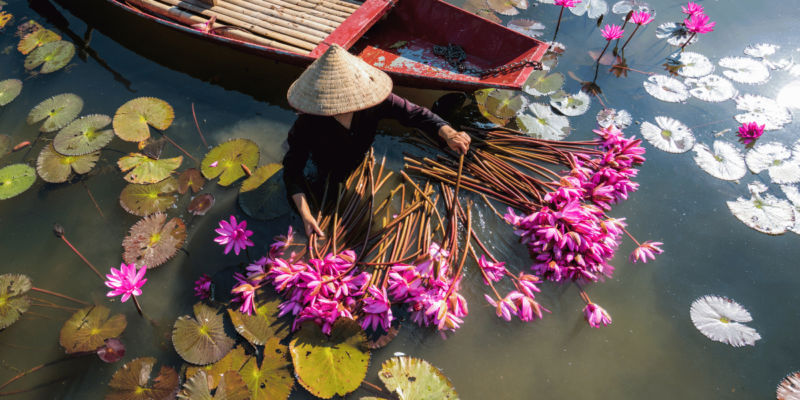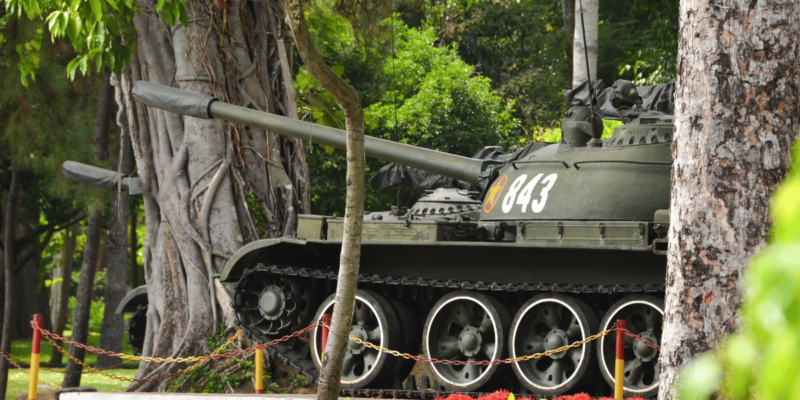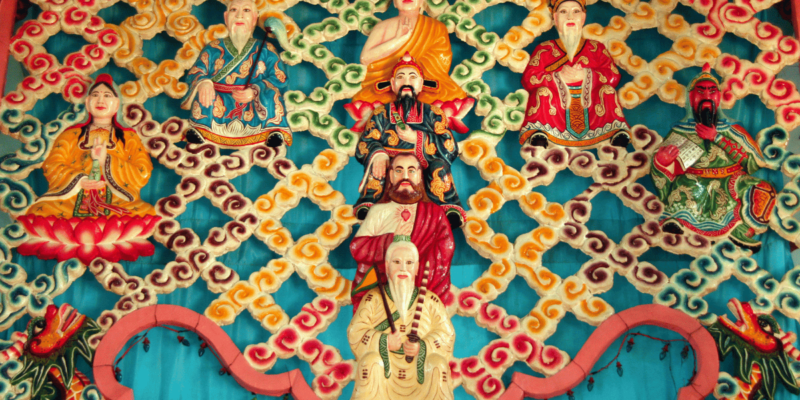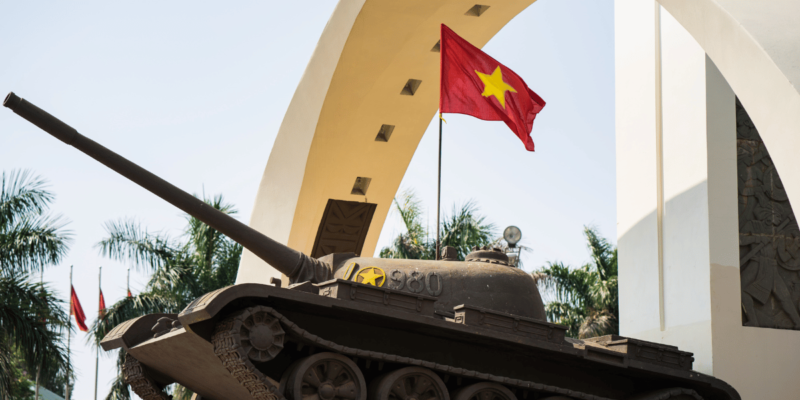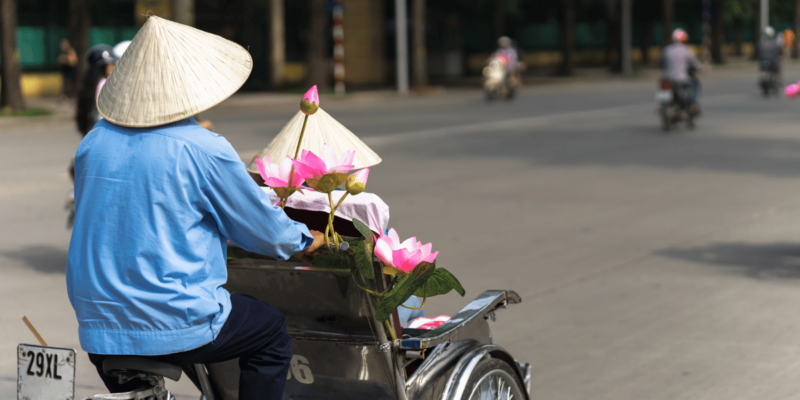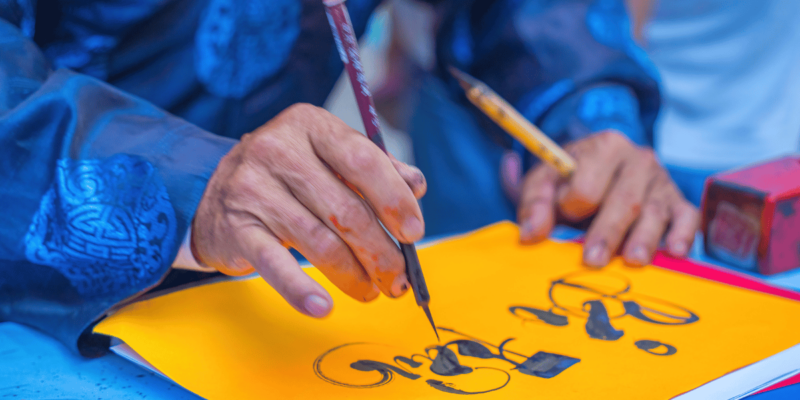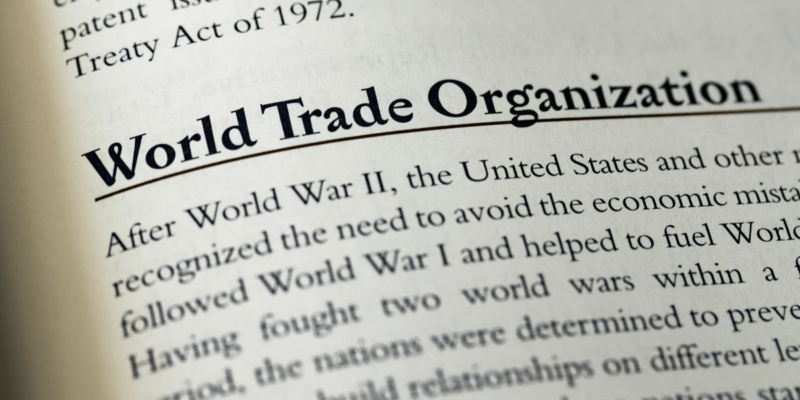Vietnamese Spirituality
Vietnamese spirituality is a deeply ingrained aspect of the nation’s culture, influencing daily life and societal values. It encompasses a diverse range of beliefs and practices, integrating elements from major religions such as Buddhism, Confucianism, and Taoism, alongside indigenous traditions. This spiritual synthesis reflects the historical and cultural evolution of Vietnam, providing a rich tapestry of rituals and philosophies that guide moral conduct, social interactions, and individual well-being.

Influence of Major Religions
Buddhism, which arrived in Vietnam over two millennia ago, remains a cornerstone of spiritual life, with its teachings on meditation, karma, and rebirth shaping moral and ethical perspectives. Confucianism, introduced from China, emphasizes the importance of social harmony, filial piety, and respect for authority, deeply influencing family structures and educational values. Taoism contributes a focus on achieving balance and harmony with the natural world, promoting practices that seek to align human life with the cosmic order. Indigenous beliefs, including animism and ancestor worship, highlight the significance of spirits and the supernatural, integrating local deities and ancestral spirits into the broader spiritual landscape.
Key Spiritual Practices
Ancestor worship is a fundamental practice in Vietnamese spirituality, with family altars playing a central role in homes. Offerings of food, incense, and prayers are made to honor deceased relatives, especially during significant events like Tet and death anniversaries. Pilgrimages to sacred sites such as the Perfume Pagoda and the Hung Kings’ Temple, along with participation in festivals, underscore the communal and spiritual aspects of Vietnamese culture. Daily spiritual practices often include the use of feng shui to create harmonious living spaces and rituals to maintain spiritual balance and protection.
Impact on Vietnamese Society
Spirituality profoundly impacts Vietnamese society, shaping art, literature, and architecture. Temples, pagodas, and cultural artifacts reflect the spiritual beliefs and practices that have developed over centuries. These traditions foster social cohesion and community bonds, reinforcing values of respect, harmony, and collective responsibility. The spiritual landscape also contributes to the national identity, providing a sense of continuity and cultural heritage that connects modern Vietnam to its historical roots.
Modern Adaptations
In contemporary Vietnam, spirituality continues to evolve, adapting to changes brought by urbanization and globalization. While traditional practices remain vital, there is a growing integration of modern elements, such as online spiritual communities and virtual rituals. Despite these changes, the core values of Vietnamese spirituality—respect for ancestors, harmony with nature, and community cohesion—persist. Efforts to preserve and promote traditional beliefs are evident, reflecting a commitment to maintaining cultural identity amidst modernization.
Conclusion
Vietnamese spirituality, with its rich blend of religious and indigenous practices, is a crucial element of the nation’s cultural fabric. It provides moral guidance, strengthens social bonds, and enriches the cultural heritage of Vietnam. As the country navigates the complexities of modernization, the enduring nature of its spiritual traditions underscores the resilience and adaptability of Vietnamese culture. Understanding and appreciating these spiritual practices offers deeper insights into the values and beliefs that continue to shape Vietnam’s identity and way of life.

